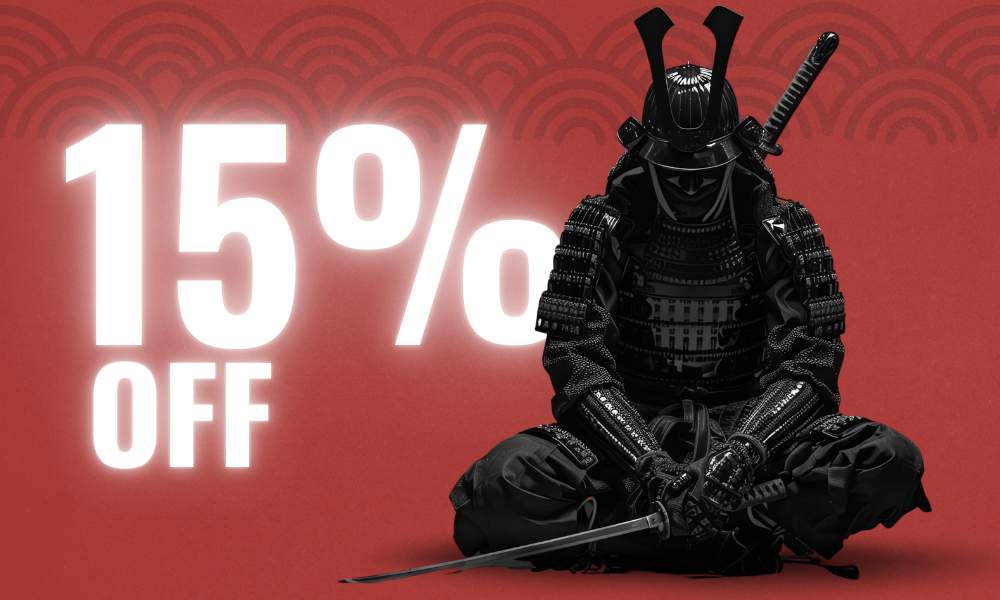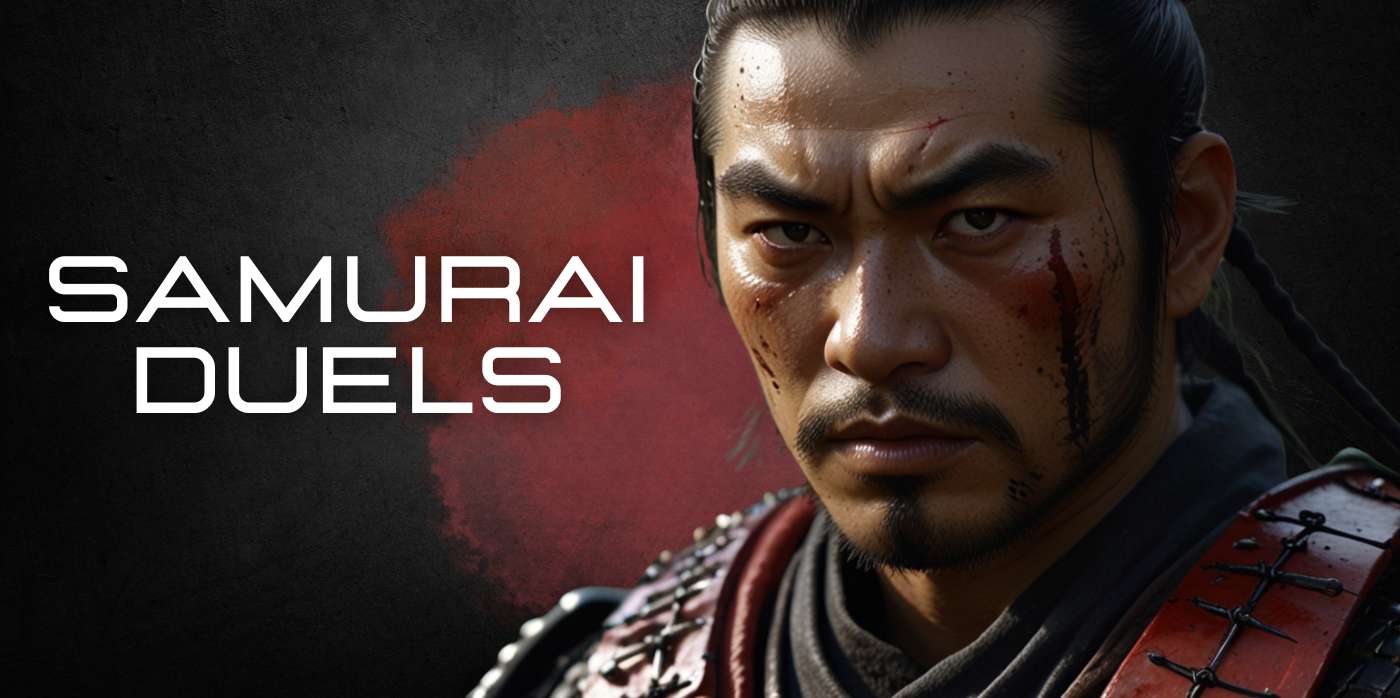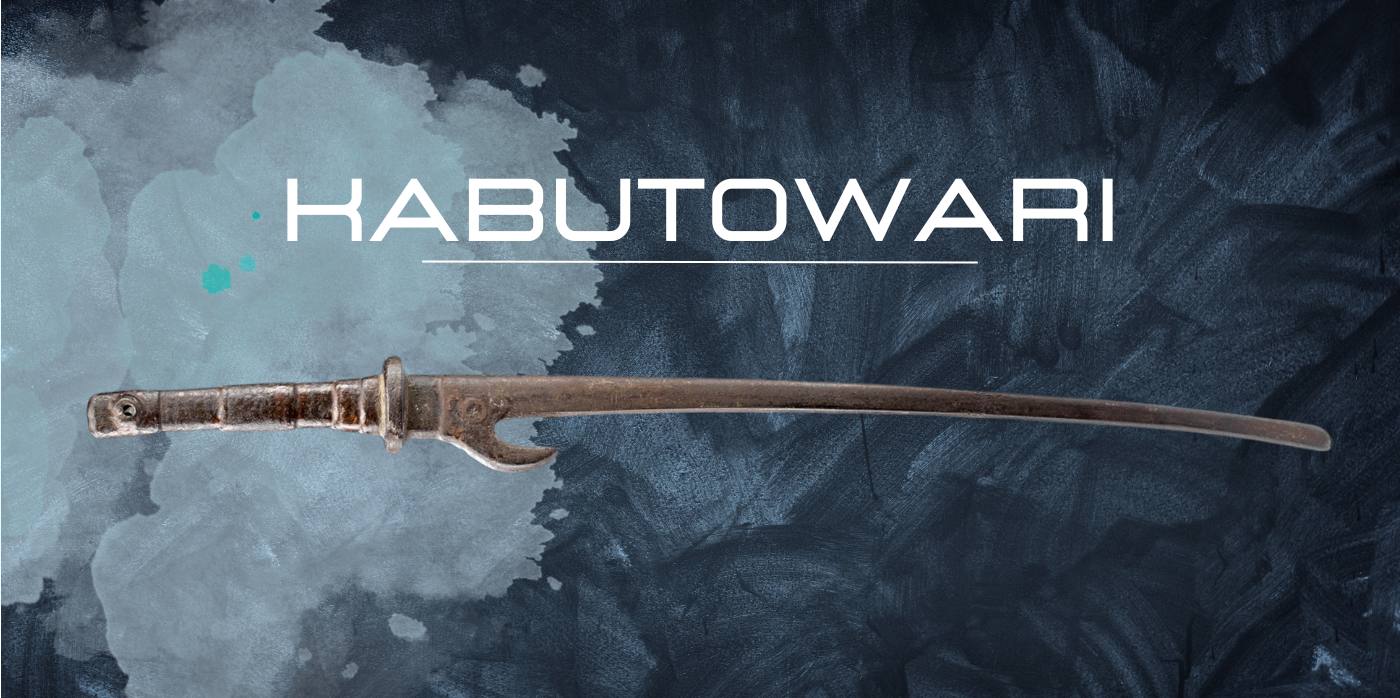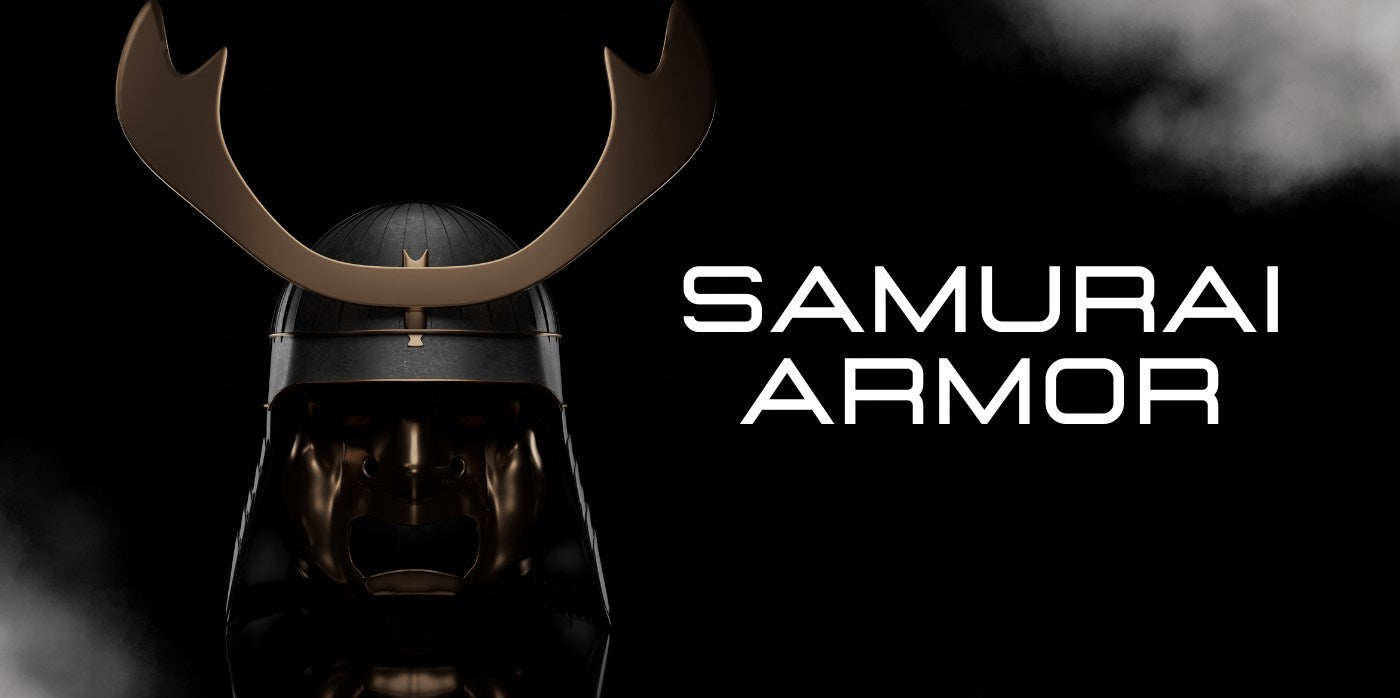Have you ever wondered about the mysterious world of Samurai duels? These legendary fights are more than just clashes of steel and strength. They tell stories of honor, bravery, and skill. Picture this: two warriors, facing each other in a quiet, secluded spot, each one with a sharp sword and an even sharper sense of duty. Samurai duels were'nt just about winning or losing, they were about proving one's worth and standing by a strict code of honor.
Imagine the intense silence just before the clash, the feeling of the cool breeze on your skin, and the weight of the sword in your hand. For the Samurai, a duel was a moment of truth. A test of everything they had trained for all their lives. These duels were often over in the blink of an eye, a single, well-placed strike could mean the difference between life and death. But the impact of these duels went far beyond the battlefield, shaping the very essence of what it meant to be a warrior.
The Timeless Art of Samurai Duels: Honor, Skill, and Tradition
Samurai duels, also known as "kenjutsu" (the art of the sword), have been an integral part of Japanese history and culture for centuries. These duels, often romanticized in literature and film, are far more than mere combat encounters; they are a profound expression of honor, discipline, and the warrior spirit .
Origins of Samurai Duels
The samurai class emerged during the Heian period (794-1185), but it was during the Kamakura period (1185-1333) that the warrior class began to solidify its identity. Samurai were bound by the Bushido code , a set of principles emphasizing loyalty, martial arts mastery, and honor unto death. Duels were a way for samurai to resolve disputes, defend their honor, and demonstrate their skill.
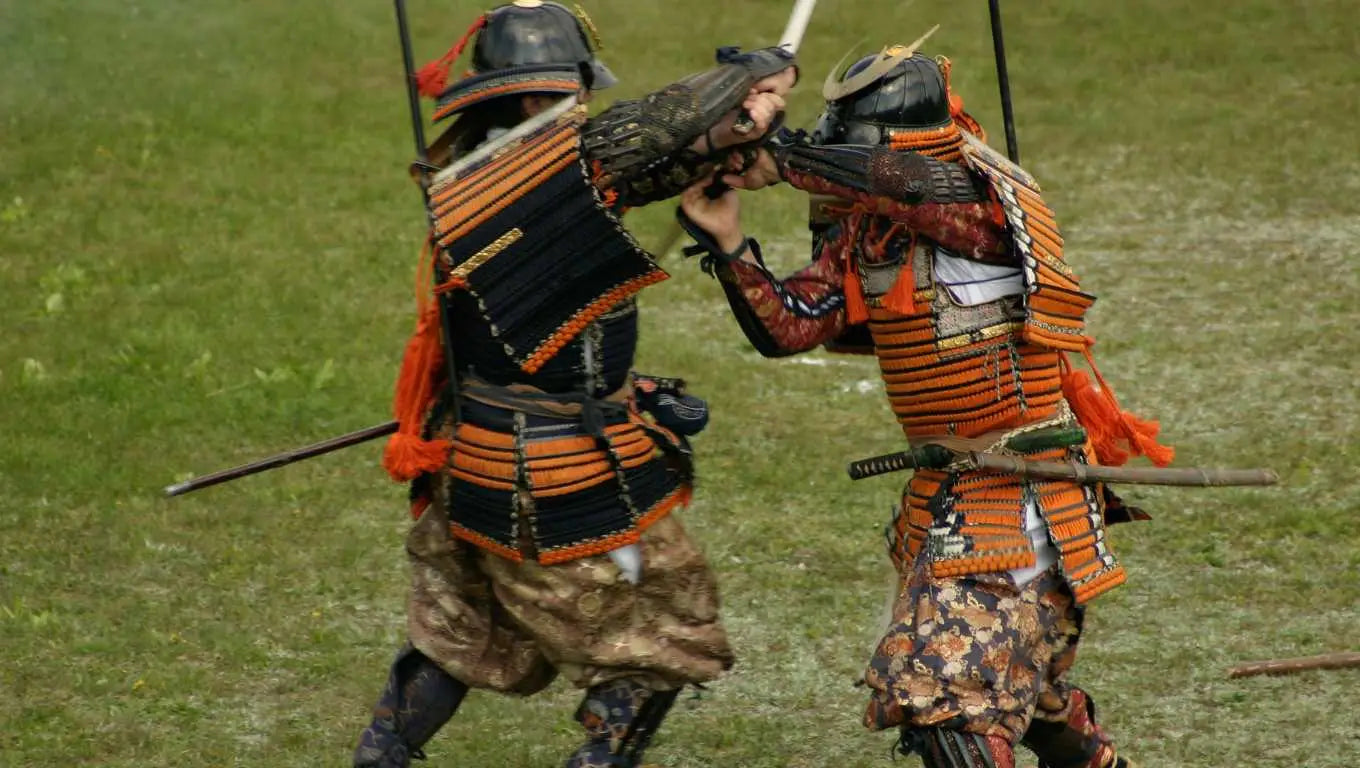
The Code of Honor
Central to the concept of samurai duels is the Bushido code. This code dictated that a samurai must live and die with honor, showing respect to both allies and enemies. A duel was not just a physical confrontation but a test of character. Engaging in a duel required a formal challenge, often delivered through a third party to maintain respect and decorum. The acceptance of a duel signified mutual recognition of each other's status and skill .
Rules of Samurai Duels
Samurai duels were governed by a strict set of rules and etiquette, reflecting the values and principles of the Bushido code. These rules ensured that duels were conducted with honor, respect, and discipline. Here are some of the key rules and customs that shaped these encounters:
1. Formal Challenge
A duel usually began with a formal challenge, often delivered in person or through a trusted intermediary. This challenge was a sign of respect and recognition of the opponent's status. The challenge had to be accepted formally, as ignoring or declining it could be seen as a sign of cowardice or disrespect.
2. Choice of Location
Duels were typically held in secluded areas, such as temple courtyards, remote fields, or forests. These locations were considered sacred and appropriate for such serious matters. Both combatants agreed on the venue beforehand to ensure a fair and uncontested environment.
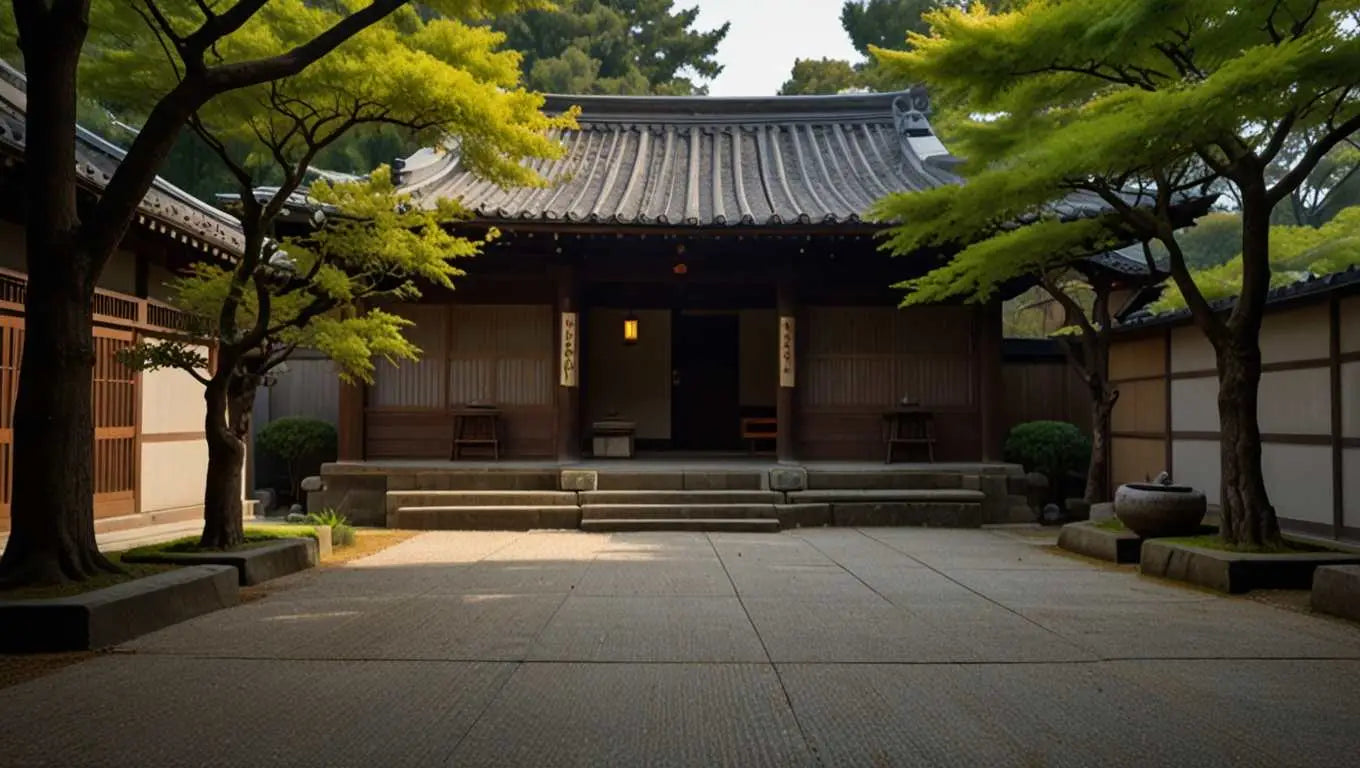
3. Pre-Duel Rituals
Before the duel, both samurai would bow to each other. This gesture showed mutual respect and acknowledgment of each other’s skill and honor. In some cases, samurai would remove their armor to make the duel more equal and honorable, relying solely on their skill with the sword.
4. Weapons and Gear
The primary weapon in most duels was the katana, the traditional long sword of the samurai. However, other weapons like the wakizashi (short sword) or yari (spear) could also be used, depending on the duel’s terms. The choice of weapons was agreed upon to ensure both combatants were on equal footing.
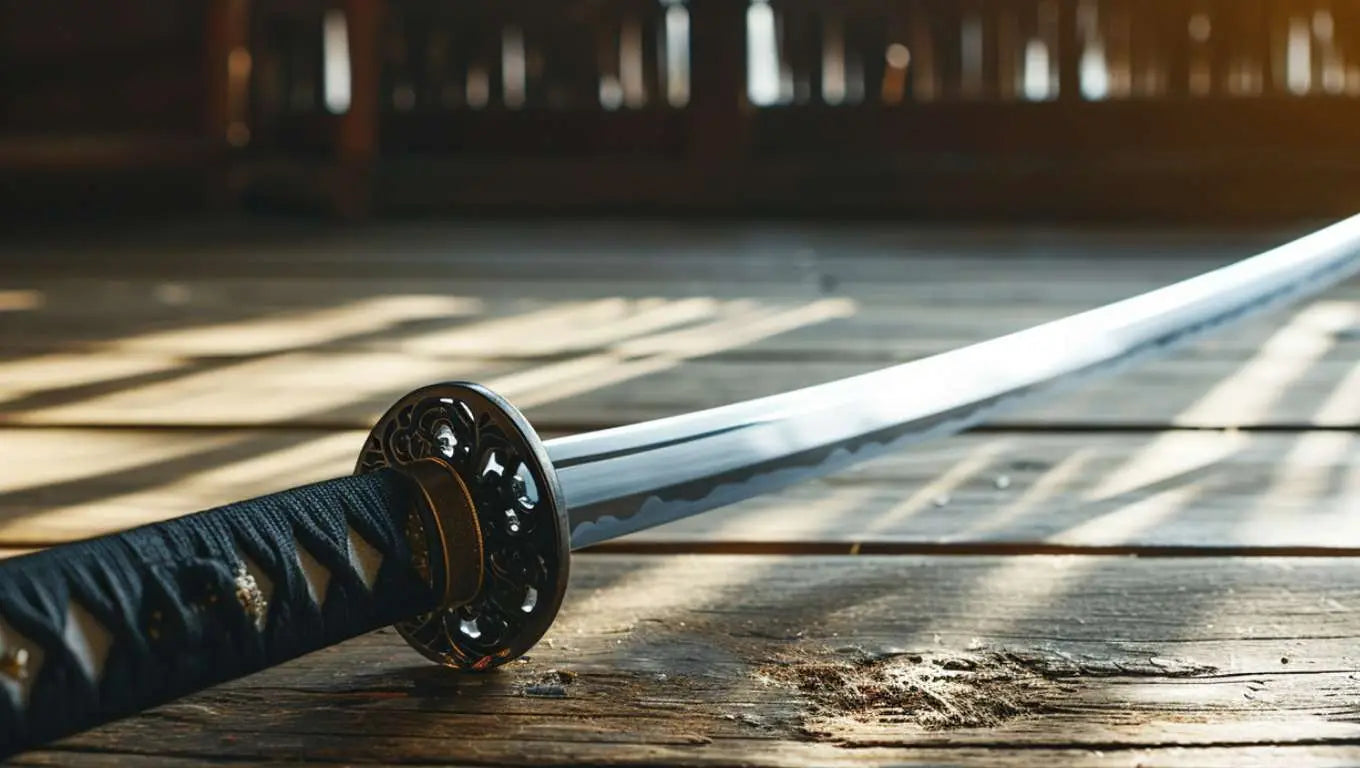
5. Conduct During the Duel
The duel emphasized skill, precision, and discipline. A single, well-placed strike could decide the outcome, so each move was calculated and deliberate. The duel was a private affair, and spectators, if any, were expected to observe silently and without interference. Interrupting a duel was considered highly dishonorable.
6. Conclusion of the Duel
The duel ended when one combatant was incapacitated or killed. The victor would show respect to the fallen opponent, often bowing or offering a moment of silence. If both samurai survived, they would typically bow again, acknowledging each other's bravery and skill. Sometimes, the duel could end in a draw, especially if both fighters demonstrated equal prowess.
7. Honor and Ethic
Throughout the duel, maintaining one’s honor was paramount. Acts of deception, unnecessary cruelty, or disrespect were frowned upon and could tarnish a samurai's reputation. The duel was a reflection of the Bushido code, emphasizing virtues such as loyalty, respect, courage, and honor. Each samurai was expected to uphold these principles throughout the encounter.
Samurai duels were more than just physical confrontations; they were profound expressions of the samurai ethos. The strict rules and rituals ensured that these duels were conducted with the highest standards of honor and respect. Whether fought to resolve disputes, defend one's honor, or demonstrate skill, samurai duels remain a testament to the discipline, bravery, and unwavering principles of these legendary warriors.
How long would samurai duels last?
The duration of samurai duels varied significantly depending on the context, the skills of the combatants, and the nature of the duel itself. However, many samurai duels were typically very brief, often lasting only a few seconds to a few minutes.
What do samurai say after battle?
After a battle, samurai would often follow certain traditions and customs that reflected their values of honor, respect, and humility.
Common Expressions
- Otsukaresama deshita (お疲れ様でした): "You must be tired" or "Thank you for your hard work."
- Yoroshiku onegaishimasu (よろしくお願いします): "Please take care of me" or "I look forward to working with you."
- Gokurousama deshita (ご苦労様でした): "Thank you for your efforts" or "You have done well."
- Arigatou gozaimashita (ありがとうございました): "Thank you very much."
Famous Samurai Duels
Samurai duels have left an indelible mark on Japanese history, embodying the highest principles of the Bushido code. These legendary encounters between master swordsmen are not only tales of skill and bravery but also stories of personal honor and philosophical depth. Here are some of the most famous samurai duels:
1. Miyamoto Musashi vs. Sasaki Kojiro (1612)
Miyamoto Musashi is perhaps the most famous samurai in history, known for his undefeated record in his 60 duels. Sasaki Kojiro, also a master swordsman, was renowned for his skill with the long-bladed katana, famously called "Monohoshizao" (The Drying Pole).
The duel took place on the remote island of Ganryu, named after Kojiro’s fighting style. Musashi arrived late, allegedly to unsettle Kojiro. The duel was swift; Musashi, wielding a wooden bokken (a wooden sword) carved from an oar, struck a fatal blow to Kojiro. This victory cemented Musashi’s legendary status.
This duel is often cited as a clash between contrasting styles and philosophies of swordsmanship and has been immortalized in numerous books, films, and even video games.
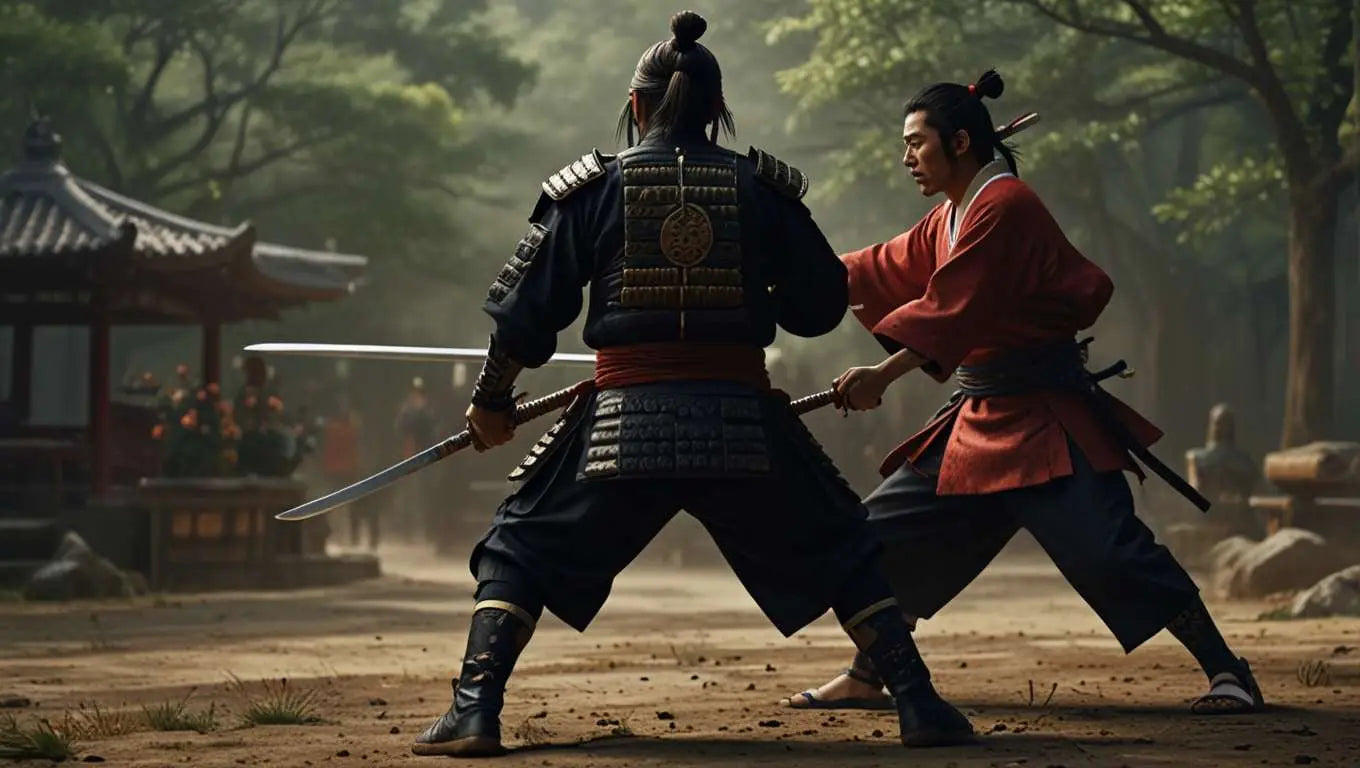
2. Miyamoto Musashi vs. Yoshioka Clan
Before his duel with Kojiro, Musashi had a series of duels with the Yoshioka clan, a prominent family of sword instructors in Kyoto. After defeating the head of the Yoshioka school, Seijuro, Musashi faced Seijuro’s younger brother, Denshichiro.
After defeating Denshichiro, the Yoshioka clan, seeking revenge and restoration of their honor, set a trap for Musashi, planning an ambush. Musashi, foreseeing this, arrived early and defeated the Yoshioka forces, effectively ending the Yoshioka school’s dominance.
These encounters showcased Musashi’s tactical genius and further solidified his reputation as an unparalleled swordsman.
3. Kamiizumi Nobutsuna vs. Yagyu Munetoshi
Kamiizumi Nobutsuna, a famed swordsman and founder of the Shinkage-ryu school of swordsmanship, was challenged by Yagyu Munetoshi, who later became the head of the Yagyu Shinkage-ryu school.
The exact details of the duel are shrouded in legend, but it is said that both swordsmen exhibited incredible skill and respect for one another. The duel ended in a draw, with both masters acknowledging each other’s prowess.
This duel exemplified the samurai spirit of mutual respect and the pursuit of martial perfection, influencing future generations of swordsmen.
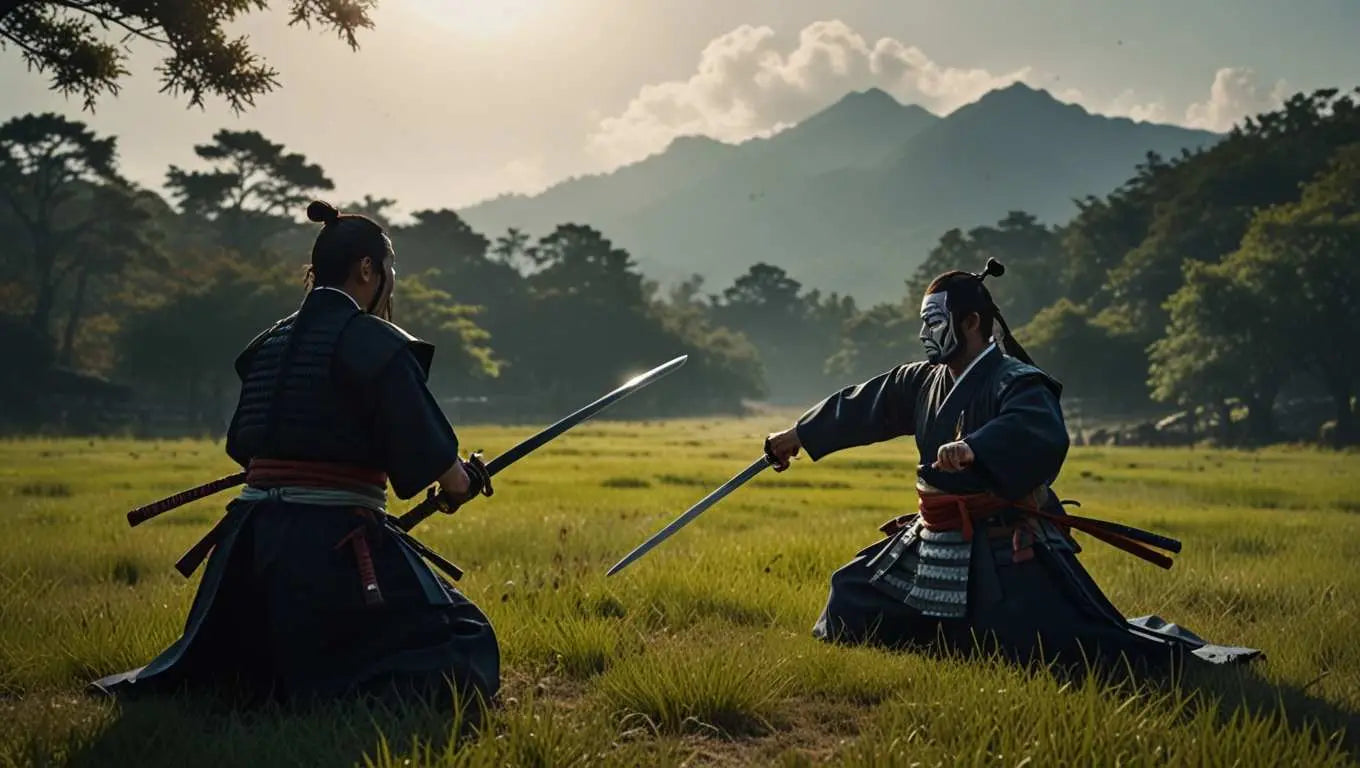
4. Itō Ittōsai vs. Yagyū Muneyoshi
Itō Ittōsai, the founder of the Itto-ryu school of swordsmanship, was known for his exceptional skill and many duels. Yagyū Muneyoshi, another legendary swordsman, later became the head of the Yagyū Shinkage-ryu school.
The details of their encounter are not well-documented, but it is known that their duel had a significant impact on their respective schools. Both swordsmen emerged with enhanced reputations.
Their duel contributed to the development and refinement of their martial arts schools, which remain influential to this day.
The best samurai duelist
One of the most renowned samurai known for winning an extraordinary number of duels is Miyamoto Musashi. His record and legacy in dueling have made him a legendary figure in Japanese history and culture.
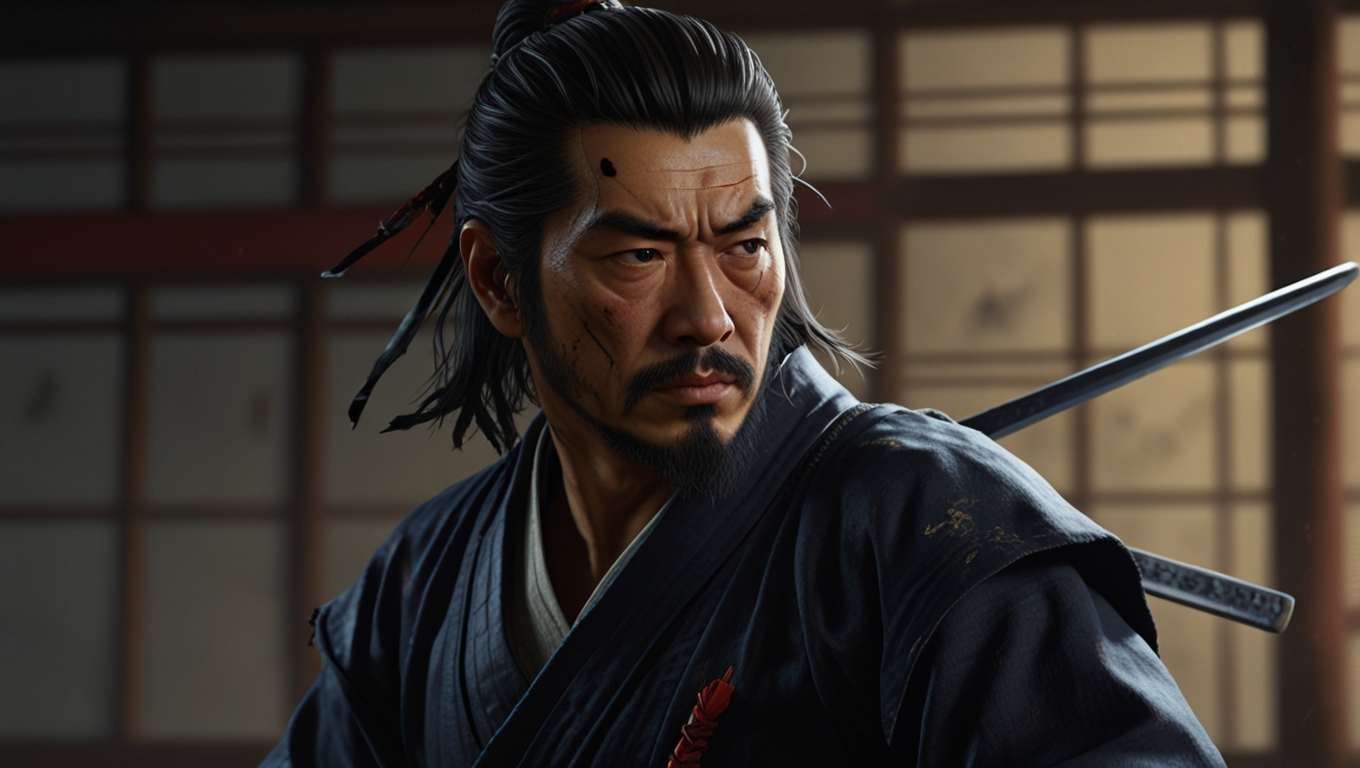
Miyamoto Musashi: The Undefeated Swordsman
Early Life and Training
Miyamoto Musashi was born in 1584 in Harima Province, Japan. From a young age, he was trained in the art of swordsmanship, showing exceptional talent and a fierce determination to become the best. He fought his first duel at the age of 13, defeating an experienced samurai named Arima Kihei.
Unparalleled Dueling Record
Musashi is said to have fought and won over 60 duels, making him one of the most successful and undefeated swordsmen in history. His duels were characterized by his unorthodox strategies, psychological tactics, and unparalleled skill with the sword.
Famous Duels
As seen previously, one of Musashi's most famous duels was against Sasaki Kojiro in 1612. Kojiro was a master swordsman known for his use of a long-bladed katana called "Monohoshizao" (The Drying Pole). The duel took place on Ganryu Island, where Musashi, arriving late to unsettle his opponent, used a wooden bokken (a wooden sword) carved from an oar to defeat Kojiro with a single, well-placed blow.
Another significant series of duels was against the Yoshioka family, a prominent school of swordsmanship in Kyoto. Musashi defeated both Seijuro and Denshichiro, the heads of the Yoshioka school, and later, a group of their students who tried to ambush him. His tactical acumen and combat skills were on full display during these encounters.
The Book of Five Rings
Later in his life, Musashi retired from active dueling and focused on teaching and writing. He authored "The Book of Five Rings" (Go Rin No Sho), a treatise on strategy, tactics, and philosophy that remains influential in martial arts and various fields of strategy and combat training.
Legacy
Miyamoto Musashi's legacy extends beyond his undefeated record. He is remembered as a master strategist, a profound philosopher, and an innovative swordsman. His life and duels have been the subject of numerous books, films, and artworks, cementing his place in both historical and popular culture.
Musashi's approach to dueling emphasized the mental aspect of combat as much as the physical. His ability to outthink and outmaneuver his opponents was as crucial to his success as his technical skill with the sword. This combination of intellect and martial prowess is why he remains a legendary figure in the history of samurai warriors.
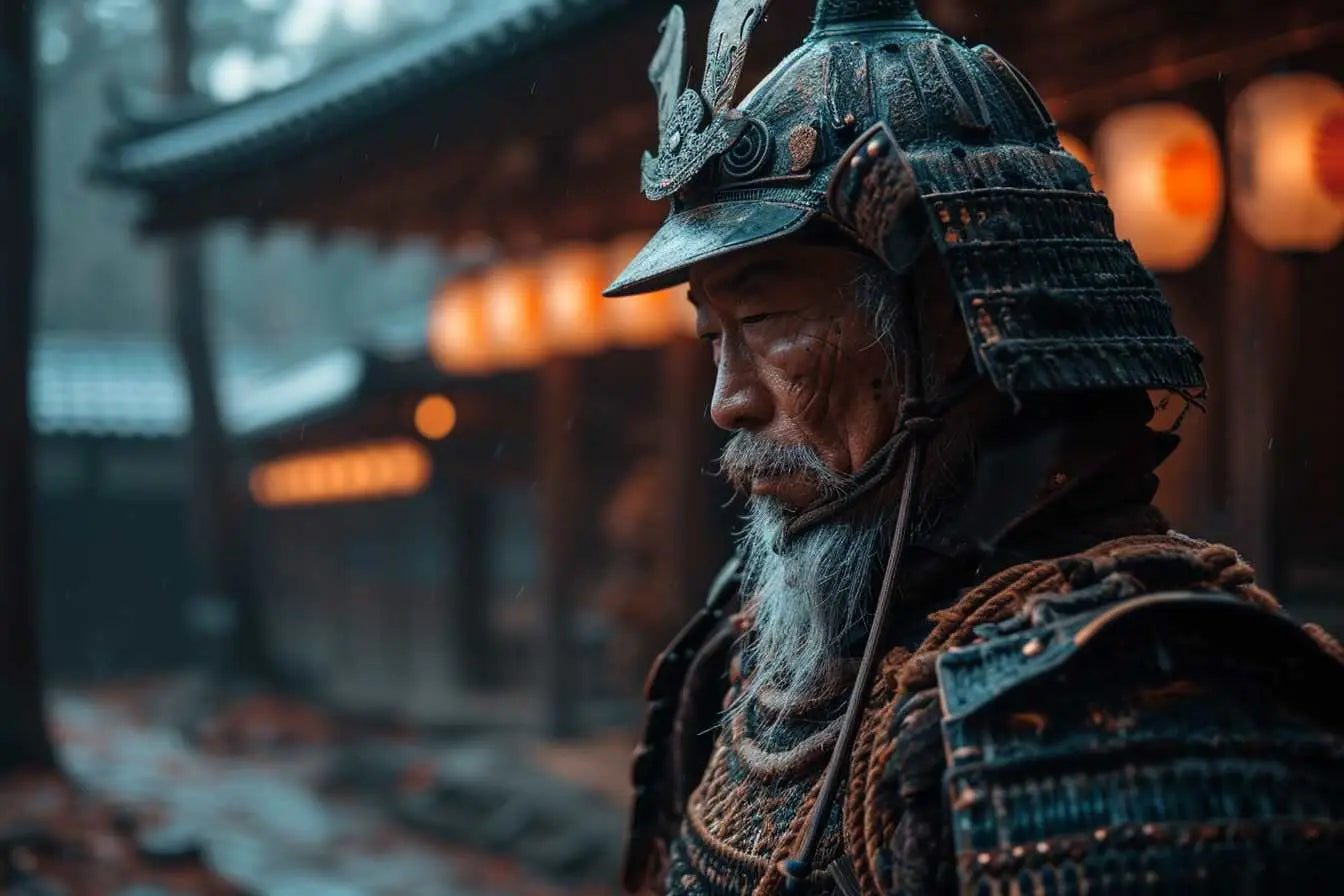
To sum-up
When we think about samurai duels, it's hard not to be fascinated by the blend of honor, skill, and discipline that defined these encounters. These duels weren't just about who had the sharpest sword or the quickest reflexes; they were about living up to a strict code of ethics, the Bushido code. Imagine the tension and the silence just before the first strike, each samurai fully aware that this could be their last moment.
Take Miyamoto Musashi, for example. His story isn't just about winning over 60 duels; it's about his journey of becoming more than just a swordsman. Musashi's life teaches us that true mastery involves not just physical prowess but also mental strength and a deep philosophical understanding. It's no wonder his legacy still influences modern martial arts and inspires countless books and films.
Exploring the rich history and rules of samurai duels makes us appreciate the depth of their commitment to honor and excellence. These warriors lived and died by their principles, and their duels were a true test of character and skill. It’s fascinating to think how these ancient practices have shaped and continue to shape our understanding of martial arts today.


